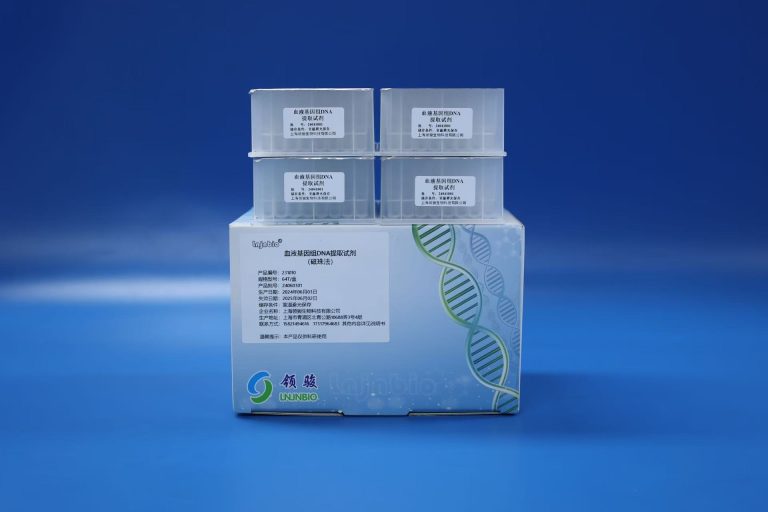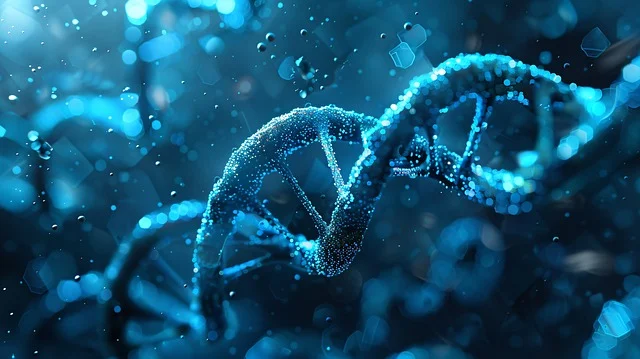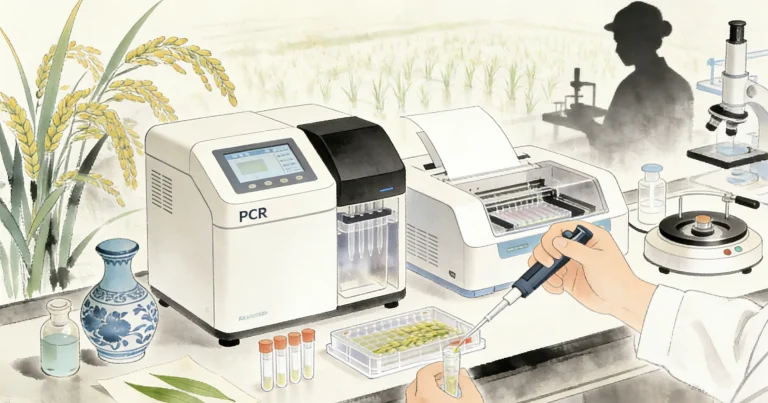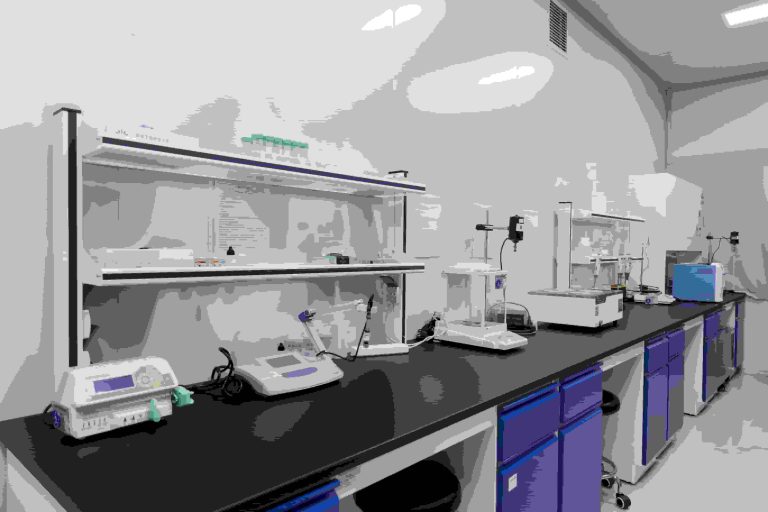Professional Manufacturer of Biomagnetic Beads

Can the expired magneticbead method-basednucleic acid extraction reagent still be used?
The following factors need to be comprehensively considered and risks need to be carefully evaluated:
1. The impact of expired reagents
Magnetic bead performance degradation: The magnetic beads may aggregate, degrade or lose their surface modification groups, resulting in reduced binding efficiency and affecting the yield or purity of nucleic acids.
Buffer Inactivation: Proteinase K, lysis buffer or washing buffer may become ineffective (such as pH changes, precipitation and sedimentation), leading to incomplete lysis or residue of impurities.
Unreliable results: The extracted nucleic acids may be degraded, contaminated or have insufficient concentration, affecting downstream experiments (such as PCR, sequencing).
2. Steps for evaluating usability
Visual inspection: Check if the reagent has any precipitation, turbidity, color change or stratification (such as when magnetic beads cannot be resuspended after precipitation).
Performance test: Extract with a standard sample of known concentration (such as cultured cells or standard DNA), and compare the yield, purity (A260/A280) and downstream application effect (such as amplification efficiency) of the fresh reagent.
Set up positive and negative controls to verify the specificity of the reagent.
Key experimental requirements: If the nucleic acid quality is extremely demanding (such as single-cell sequencing, low-abundance samples), it is recommended to directly replace with a new reagent.
3. Potential Risks
False negative/false positive results: Especially for diagnostic or clinical samples, they may lead to incorrect conclusions.
Cost of repeated experiments: If the data becomes unreliable due to the failure of reagents, it may waste more time and samples.
Sample loss: Valuable or limited samples (such as clinical biopsies, rare microorganisms) should not be riskily processed with expired reagents.
- Suggestions for non-critical experiments:
If the test results are acceptable, they can be temporarily used for preliminary experiments or teaching purposes.
Critical experiments: It is essential to replace expired reagents to ensure the reliability of the results.
Storage in aliquots: If the reagents are prone to deterioration, purchase them and then aliquot and freeze store them (to avoid repeated freezing and thawing), which can extend their stability. Summary
Expired reagents may still be effective, but they need to be rigorously verified. After weighing the risks, it is recommended to prioritize the use of reagents that are within their expiration dates, especially when they are involved in scientific research publications, clinical diagnoses, or precious samples.
Supplier
Shanghai Lingjun Biotechnology Co., Ltd. was established in 2016 which is a professional manufacturer of biomagnetic materials and nucleic acid extraction reagents.
We have rich experience in nucleic acid extraction and purification, protein purification, cell separation, chemiluminescence, and other technical fields.
Our products are widely used in many fields, such as medical testing, genetic testing, university research, genetic breeding, and so on. We not only provide products but also can undertake OEM, ODM, and other needs. If you have a related need, please feel free to contact us .






